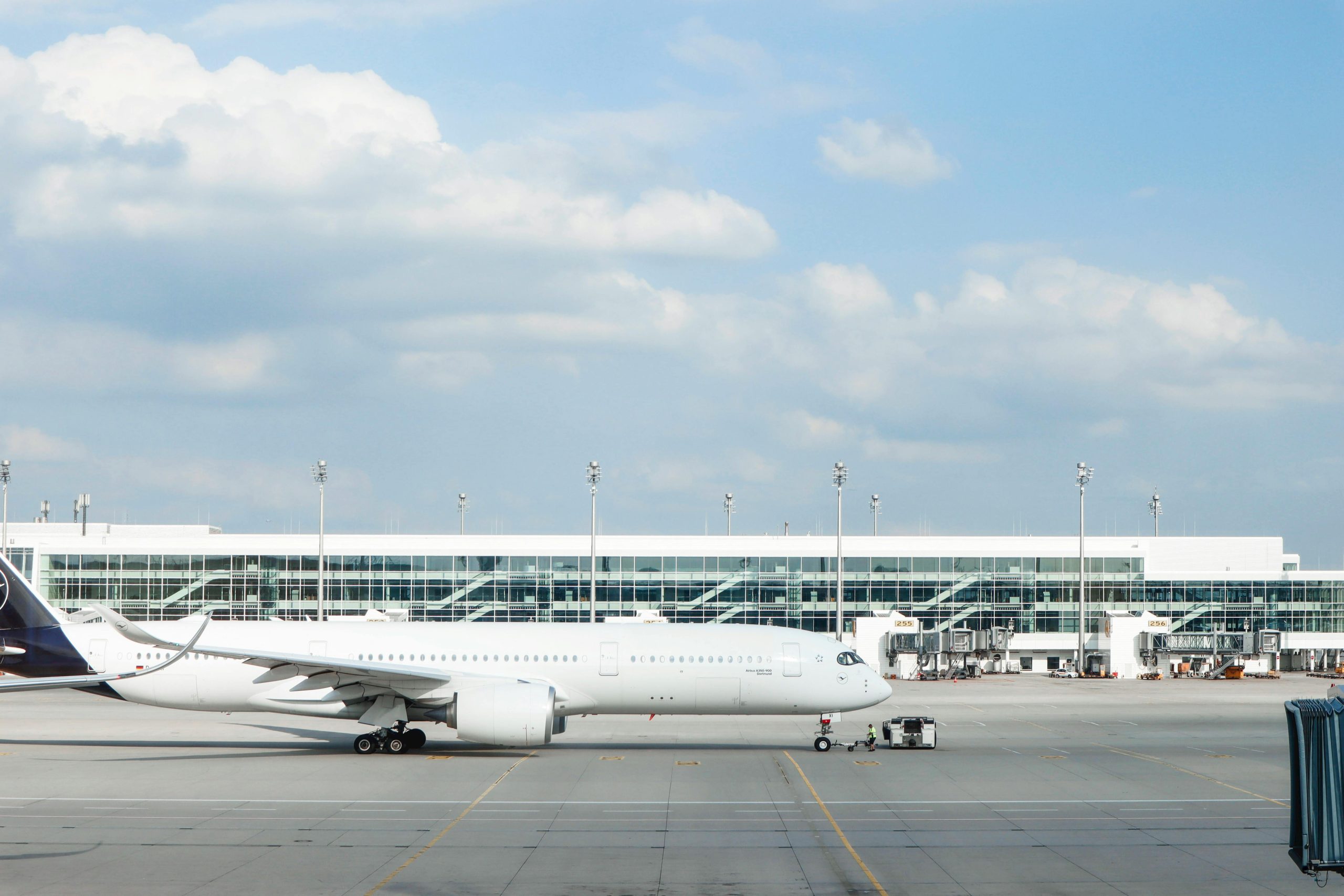The meteoric rise of Chinese e-commerce shakes up air travel

The rapid rise of Chinese fast fashion e-tailers such as Shein and Temu is turning the world’s air freight industry on its head. E-shops are competing for limited air freight space to meet consumer demands for the fastest possible delivery of goods from factories in China. Citing more than a dozen industry sources, Reuters reported on Wednesday.
Shein and Temu send the vast majority of their products to the US or Europe by air. This is proving to be a problem as the popularity of these e-stores grows, leading to overcrowding.
According to a June 2023 US Congressional report, Shein and Temu together send nearly 600,000 packages a day to the US alone. Because of this, air freight costs from Asian hubs such as Guangzhou and Hong Kong have risen as huge demand for cheap goods leads to a lack of capacity, sources told Reuters.
“The biggest trend affecting air freight at the moment is not the Red Sea but Chinese e-commerce companies like Shein or Temu,” said Basile Ricard, director of Greater China operations at freight forwarder Bollore Logistics.
Temu ships about 4,000 tonnes a day, Shein as much as 5,000 tonnes. Alibaba.com and TikTok Shop also do well with 1,000 tonnes and 800 tonnes respectively. That equates to about 108 Boeing 777 freighters a day, according to Cargo Facts Consulting.
The growth of Shein and Temu is thus shrinking the space for other industries that use air freight, just as global firms are looking for logistics alternatives because of security risks in the Red Sea.
“When the Suez Canal (crisis) hit, there was no capacity to buy because e-commerce bought it all up,” Reuters quoted an air cargo executive who wished to remain anonymous as saying.
A source at an unnamed German logistics firm said even big tech firms such as Apple ship a maximum of “only” 1,000 tonnes a day. Growing demand for fast-fashion goods could thus squeeze traditional long-term customers out of air freight as they compete for limited air capacity.
While some air cargo carriers have responded to the increased demand by increasing charter capacity, this has long been heavily occupied, said a spokesman for German logistics company Schenker.
The sudden surge in demand for fast fashion, which began last year, has raised concerns about a long-term shortage of air capacity. But the air internet trade model is not sustainable in the long term, according to Cargo Facts Consulting director Guillermo Ochovoy. Shein and Temu have already started to focus more on sea freight due to the high cost of air freight and are considering opening warehouses outside China to reduce shipping times to other regions, he said.
Some sources told Reuters that Chinese online stores are trying to book capacity directly with airlines. “We know Temu wants to lease 12 large cargo planes. They are scouting the market and looking for any aircraft they can find. We even got a request on our website,” said Marc Schlossberg, executive vice president of air cargo at Unique Logistics.
The influence of these Chinese e-commerce giants is changing the game, he said. “They are proving to be the most important driving forces in the industry,” he added.
Photo source: www.pexels.com
Author of this article
WAS THIS ARTICLE HELPFUL?
Support us to keep up the good work and to provide you even better content. Your donations will be used to help students get access to quality content for free and pay our contributors’ salaries, who work hard to create this website content! Thank you for all your support!




OR CONTINUE READING